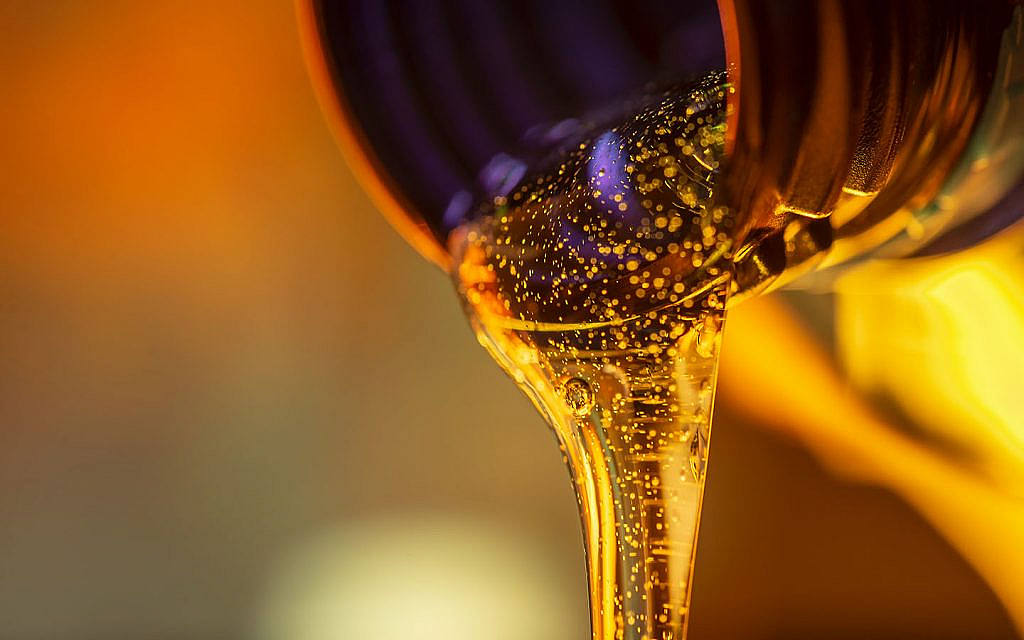Auto Diagnosis: Causes and Implications of Fuel Dilution in Engine Oil

Engine oil plays a vital role in cars with combustion engines. It serves as a protective barrier between moving parts, reducing friction and wear. Regular inspection and maintenance of engine oil are crucial for efficient engine performance. One common yet often-overlooked problem is fuel dilution in engine oil. If unaddressed, it can impact the quality of engine oil and harm engine performance and longevity.
Let’s find out more about what fuel dilution is, why it happens and ways to tackle this silent engine saboteur.
What is Fuel Dilution in Engine Oil?

Fuel dilution indicates the problem of raw, unburnt fuel infiltrating the crankshaft of an engine. The fuel contaminates the oil and lowers its viscosity and flash point, creating friction-related wear.
Regardless of the engine oil type, mixing with unburnt fuel reduces its viscosity, impacting load-carrying ability. This consequently impacts the oil’s flash point temperatures, diminishing its load-carrying ability.
A high fuel dilution over a short period or a moderate fuel dilution over an extended time can severely damage components. The oil-wetted parts that can be damaged include bearings, gears and pistons, among other components.
What are the acceptable fuel dilution limits?
Ideally, no fuel should mix with the motor oil. That said, some fuel dilution is inevitable. In petrol engines, 2.4% is a cautionary fuel dilution limit, provided the oil viscosity has not significantly changed. Likewise, the acceptable limit goes up to 3.4% in diesel engines. Any fuel dilution that surpasses these limits should be addressed promptly to prevent any engine performance issues or damage.
Common Causes of Fuel Dilution in Engine Oil

Some of the common reasons for fuel dilution in engine oil are listed below.
Bad Fuel Injector
Bad fuel injectors can contribute to fuel dilution in oil. When fuel injectors malfunction, they may spray excessive fuel into the combustion chamber, leading to incomplete combustion. Unburnt fuel can then seep past the piston rings and mix with the engine oil, diluting it and reducing its effectiveness.
How to Fix It
Regular maintenance and timely replacement of faulty fuel injectors are crucial to prevent such fuel dilution problems. Make sure other parts in a car carburettor are also working efficiently.
Worn Piston Rings
Worn piston rings are another common cause of fuel dilution in engine oil. As piston rings wear out, they lose their ability to seal the combustion chamber properly. This allows unburnt fuel to bypass the rings and enter the crankcase, mixing with the engine oil. The diluted oil loses its lubrication properties leading to increased friction and wear on engine components.
How to Fix It
Keep a close check on the causes of damaged piston rings and symptoms indicating trouble. Replace the worn components to avoid fuel dilution and maintain the engine’s performance.
Engine Idling and Short-Trip Driving
Excessive engine idling and frequent short-trip driving are significant causes of fuel dilution in engine oil. During extended idling and short trips, the engine does not reach its optimal operating temperature, causing incomplete combustion. As a result, partially burnt fuel accumulates in the crankcase and mixes with the engine oil.
How to Fix It
To mitigate fuel dilution, it’s essential to limit excessive idling and consider taking longer drives more frequently. It is to ensure the engine reaches its optimal temperature for complete combustion and proper oil function.
Symptoms of Fuel Dilution

Here are some of the common warning signs indicating excessive fuel dilution in engine oil
Motor Oil with Less Viscosity
Reduced oil viscosity is one of the key symptoms of fuel dilution in engine oil. When carbonised fuel mixes with the oil, it lowers its viscosity. A thinner-than-intended oil consistency is a noteworthy fuel dilution impact.
Excessive Engine Oil Consumption
Fuel dilution can also be among the key reasons behind high engine oil consumption. The thinning of oil simply causes the engine to consume more oil than usual. It is among the common fuel in engine oil symptoms.
Burning Smell
Fuel dilution in oil can cause overheating and a noticeable odour. It can be one of the causes of a burning smell in a car that should not be overlooked.
The quick fixes discussed above can be handy for the resolution of this car trouble. However, for a safe, optimal and long-term solution, it is better to take your car to a certified auto technician.
These were some common causes, symptoms and fixes of fuel dilution in motor oil. These mechanical issues may impact the performance of petrol and diesel cars. Therefore it is important to regularly inspect and maintain all the car engine parts for optimal performance and longevity.
When buying a used car for sale in the UAE, don’t forget to add engine inspection to your checklist. Get all of its engine components carefully inspected before sealing the deal.
For more insightful auto parts and repair updates, keep reading dubizzle’s cars blog.
Leave a Reply